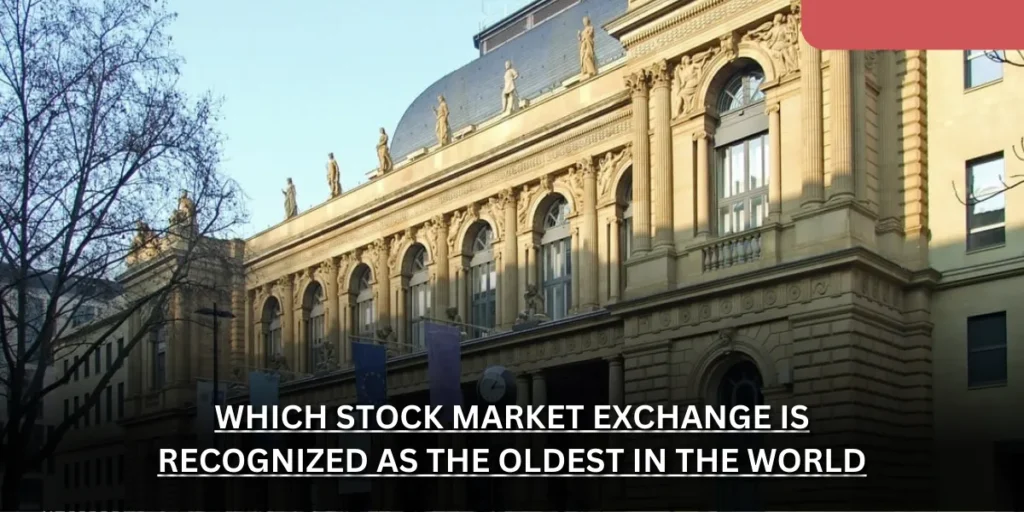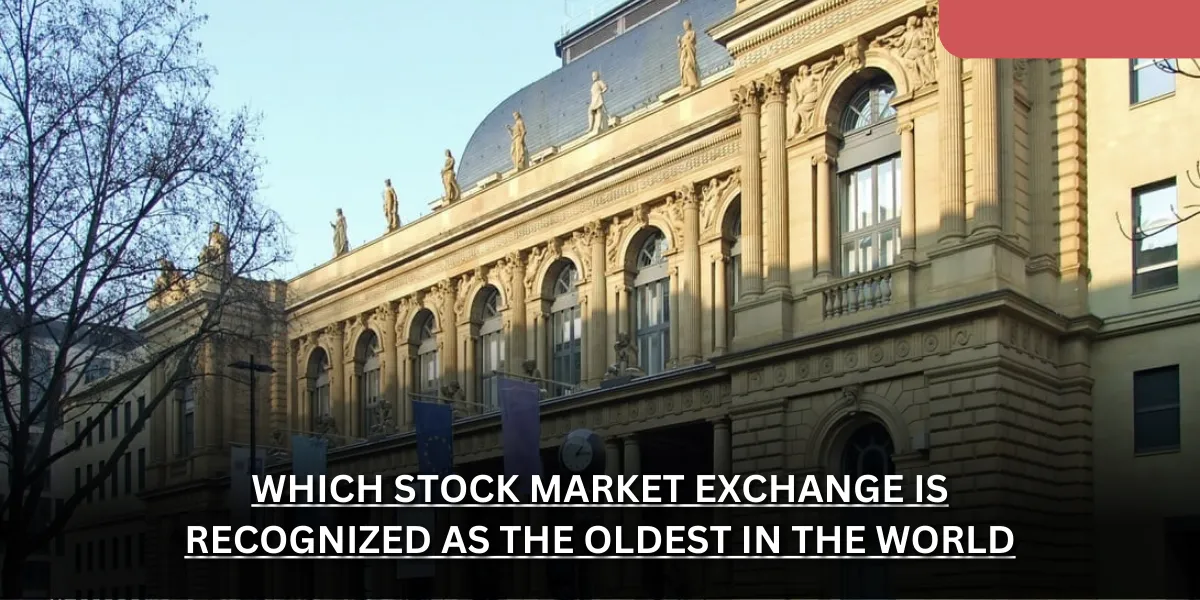
The World’s Oldest Stock Exchange: A Look Back in Time
which stock market exchange is recognized as the oldest in the world? Discover the history of the world’s oldest stock exchange. Learn about its origins, the company that sparked its creation, and its impact on the global financial system.
The Birth of Stock Exchanges
In today’s fast-paced financial world, stock exchanges are the cornerstone of economic activity, providing a platform for buying and selling securities. However, to truly appreciate their significance, it’s crucial to explore the origins of these institutions. The question arises: which stock market exchange is recognized as the oldest in the world?
Amsterdam: The Pioneer of Stock Trading
The Amsterdam Stock Exchange, established in 1602, holds the prestigious title of being the world’s first official stock exchange. Its inception marked a revolutionary shift in the way commerce was conducted, setting the stage for the development of modern financial markets.
The Dutch East India Company: A Trading Giant
At the heart of the Amsterdam Stock Exchange’s creation was the Dutch East India Company (Vereenigde Oostindische Compagnie or VOC). Founded in 1602, the VOC was a colossal enterprise that dominated global trade, particularly in spices and other exotic goods. To fund its extensive operations, the VOC turned to an innovative solution: selling shares of the company to the public.
The Rise of the Amsterdam Stock Exchange
The idea of selling shares to raise capital was groundbreaking. In 1602, the Amsterdam Stock Exchange was born, primarily to facilitate the trading of VOC shares. This move allowed the VOC to amass significant capital, enabling it to expand its trading ventures across Asia, Africa, and beyond. Soon, the exchange began to accommodate other securities, transforming into a bustling marketplace for investors.
The Exchange’s Evolution
Over the centuries, the Amsterdam Stock Exchange underwent numerous transformations. In 2000, it merged with the Brussels Stock Exchange and the Paris Bourse to form Euronext, a pan-European exchange group. Despite these changes, the Amsterdam Stock Exchange’s legacy as a pioneer in stock trading remains intact. It introduced many concepts that are fundamental to today’s financial markets, such as the ability to buy and sell shares, the use of brokers, and the establishment of a regulated marketplace.
Impact on the Global Financial System
The Amsterdam Stock Exchange’s influence on the global financial system is profound. It introduced the concept of fractional ownership, allowing investors to buy shares in a company and own a portion of it without needing substantial capital. This democratization of investment opened up new opportunities for wealth creation and economic growth. Additionally, the exchange developed advanced trading practices and risk management tools, setting the standard for modern financial markets.
Conclusion: A Legacy of Innovation
The Amsterdam Stock Exchange’s status as the world’s oldest stock exchange is a testament to its enduring impact on the global financial landscape.which stock market exchange is recognized as the oldest in the world Its innovative approach to trading and investment laid the groundwork for the complex financial systems we see today. As we look to the future, the lessons learned from this historic exchange continue to inspire and guide the evolution of financial markets.
While the Amsterdam Stock Exchange holds the title of the oldest, it’s important to recognize that other exchanges, such as the London Stock Exchange and the New York Stock Exchange, have also played crucial roles in shaping the global financial system. Each exchange has its own unique history and contributions to the world of finance.

